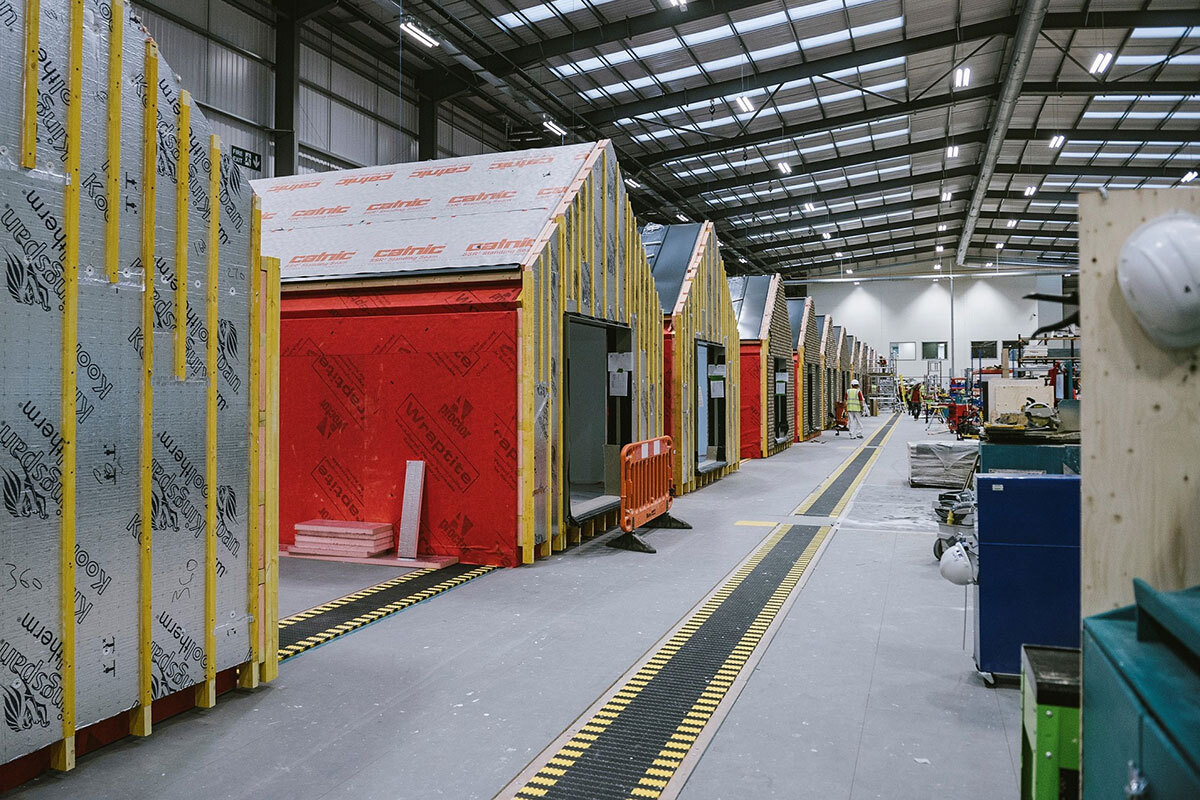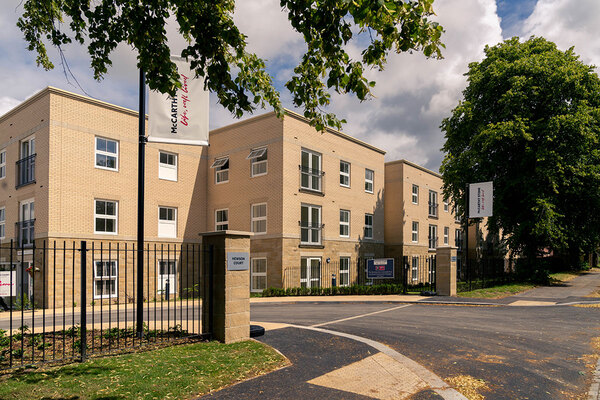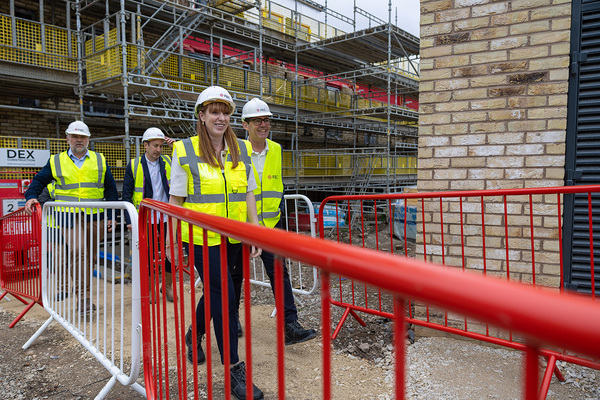You are viewing 1 of your 1 free articles
MMC providers have capacity to deliver more than 15,000 homes a year by 2024, says trade body
The country’s largest modern methods of construction (MMC) builders have the capacity to deliver more than 15,000 homes a year by 2024, a new trade body for the sector has said.
Make Modular, a newly formed trade body that represents a number of major MMC providers, told Inside Housing that its members had the capacity to reach the target after investing £500m in state-of-the-art factories since 2016.
The body was officially launched in December 2021 and its members include providers such as Ilke Homes, TopHat, Laing O’Rourke and Legal & General Modular Homes.
Steve Cole, head of Make Modular, said his organisation’s members have completed nearly 3,500 MMC homes in the past 12 months, and are ready to increase their capacity after hundreds of millions of pounds worth of investment.
He added: “For as long as I’ve worked in housing, modular has been the future. But that is no longer the case, it is the present. Modular will increasingly be a key part of any successful social landlord’s portfolio and charging should reflect this.”
In the past, MMC has had to negotiate various hurdles of post-completion funding as a result of lenders’ concerns about the durability and saleability of the homes.
Funders have been cautious while considering a number of issues such as warranties and assurance schemes, building insurance, the number of homes to accept for charging, how long the MMC properties would last, and whether any element of aftercare was required.
But Richard Petty, head of the UK living advisory at valuers JLL, told Inside Housing that the time for caution has passed.
He said: “Funders need to be somewhere between more proactive and braver I think. Nail those colours to the mast and say, ‘this is our policy on MMC’. There are about four or five funders who have a stated MMC policy and that they are welcome lending against a proportion of it.”
Mr Petty was speaking after The Housing Finance Corporation (THFC) completed its first charging exercise in February which involved homes built using MMC.
Trina Chakravarti, project director at Building Better, said: “There seems to be a general change in the level of understanding and acceptance for MMC homes accompanied with some restrictions, for example MMC homes can’t exceed a maximum of 30% of the overall security value, must be Buildoffsite Property Assurance Scheme-assured and have a 60-year structure life assurance.
“This is absolutely a step in the right direction. The more forthcoming and open organisations are about both successes and failures in their attempts to gain securities against MMC homes, the greater the benefit to the whole sector.”
Rob Loughenbury, director of strategy at Onward, said that while the sector has the potential to lead on decarbonisation through its use of MMC, there may be an element of what he described as “strategic patience” on the part of landlords.
He explained: “Although the sector is committed to moving the dial on carbon, it feels like a lot of housing associations are holding their breath at the moment, practising some strategic patience.
“Costs are uncertain and technologies are maturing. Meanwhile, the long-term picture for public funding remains unclear.”
Mr Loughenbury said the government could minimise uncertainty and accelerate MMC delivery by making clear how much grant would be available for retrofit and setting out how it will be distributed, as well as providing long-term rent settlements from 2025 onwards.
A number of interventions have already been made by the government in a bid to boost the delivery of MMC housing in the UK, including making it a condition of Homes England’s strategic partnership grant programme, with all partners expected to deliver a minimum of 25% of homes through MMC.
A September 2020 report authored by the government’s MMC champion Mark Farmer found that the government should set a target of 75,000 modular homes per year by 2030.
Sign up for our development and finance newsletter
Already have an account? Click here to manage your newsletters












